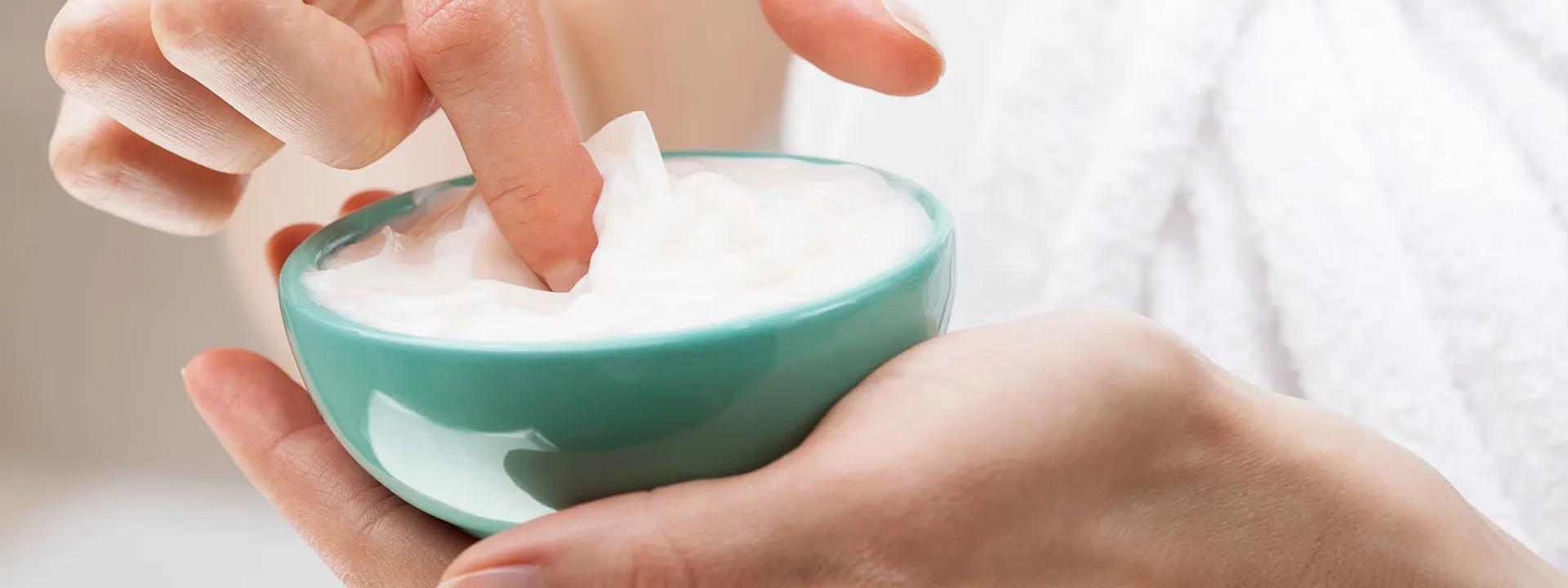Dry skin often feels tight, especially after cleansing. You might notice flaking, rough patches, or a dull appearance. Dry skin relief becomes essential when your skin lacks natural oils and struggles to retain moisture throughout the day.
Combination Skin Characteristics
Most people have combination skin, where different areas behave differently. Your T-zone might be oily whilst your cheeks remain normal or dry. This skin type requires a balanced approach to skincare.Sensitive Skin Characteristics
Sensitive skin reacts easily to products, weather changes, or stress. You might experience redness, stinging, or irritation when trying new products. Gentle, fragrance-free formulations work best for sensitive skin types.Choosing a Moisturiser for Your Skin Type
Now that you've figured out your skin type, it's time to match it with the right moisturiser. Each skin type has specific needs, and choosing the wrong product can actually make skin concerns worse. The trick is understanding what your skin lacks and finding a product that fills those gaps.Best Moisturisers for Oily Skin
Oily skin benefits from lightweight, non-comedogenic formulas that won't clog pores. Look for oil-free moisturisers with ingredients like niacinamide or salicylic acid. Gel-based formulas often work brilliantly for oily skin types, providing hydration without the heavy feel.Ideal Moisturisers for Dry Skin
Dry skin craves rich, nourishing formulations that provide lasting hydration. Ingredients like ceramides, shea butter, and hyaluronic acid work wonders for skin hydration. Cream-based moisturisers typically offer the intensity that dry skin needs to feel comfortable and healthy.Moisturisers for Combination Skin
Combination skin requires a balanced approach. You might need different products for different areas, or find a moisturiser that addresses multiple concerns. Lightweight formulas that provide adequate moisture without being too heavy often work well for combination skin types.Gentle Moisturisers for Sensitive Skin
Sensitive skin needs extra gentle care with fragrance-free, hypoallergenic formulations. Look for soothing ingredients like aloe vera, chamomile, or oat extracts. Skin barrier protection becomes crucial for sensitive skin to prevent irritation and maintain comfort.Addressing Specific Skin Concerns


 200ml
200ml Combo
Combo 50GM
50GM 50 gm
50 gm